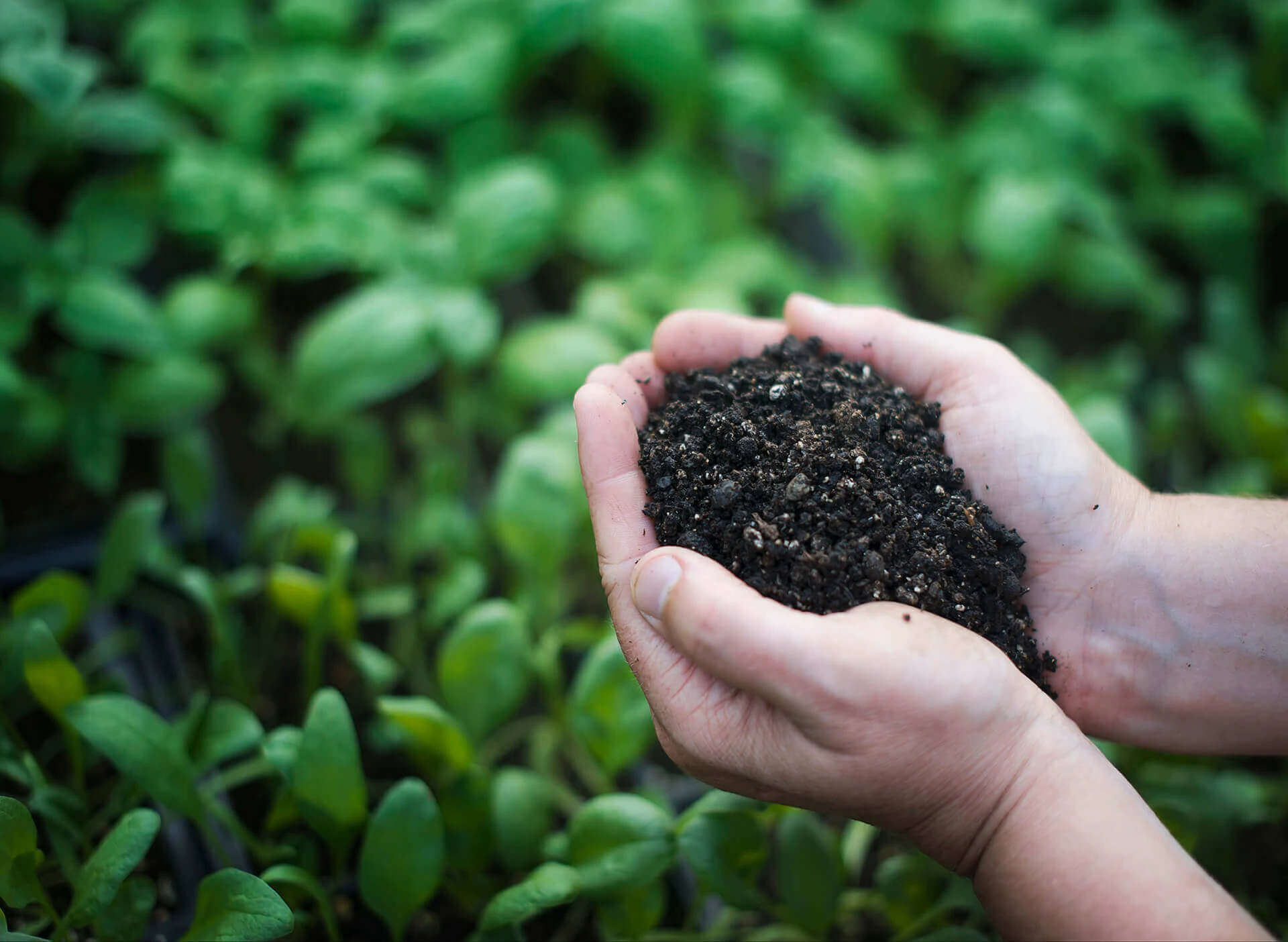Every day, many people switch to organic life to protect the environment and minimize the negative effects of global warming. In this article, we will answer questions such as what is organic life and what are organic life practices.
What is Organic Life?
"Organic life" generally refers to living organisms or life forms that are composed of organic compounds. In the context of biology and chemistry, organic compounds are compounds that contain carbon atoms bonded to hydrogen atoms, often in the form of long carbon chains or rings. Organic life encompasses a vast array of living organisms, from microscopic bacteria to complex multicellular organisms like plants and animals.
The Importance of Organic Life
Organic life is of fundamental importance to the functioning of ecosystems and the sustainability of the planet.
Biodiversity: Organic life contributes to biodiversity, which is the variety of life on Earth. Biodiversity is generally essential for a stable, adaptable and resilient ecosystem.
Ecological Balance: Living organisms interact with each other and their environment in complex ways. These interactions contribute to ecological balance, regulating populations, nutrient cycles, and ecosystem functions.
Food Chains and Webs: Organic life forms the basis of food chains and webs, where energy is transferred from one organism to another. This energy flow is essential for the survival and functioning of ecosystems.
Oxygen Production: Photosynthetic organisms, such as plants and algae, release oxygen as a byproduct of photosynthesis. This process is vital for the oxygenation of the Earth's atmosphere.
Carbon Cycle: Living organisms play a central role in the carbon cycle, exchanging carbon dioxide and oxygen through processes like respiration and photosynthesis.
Basic Principles of Organic Life
Here is the key to the basic principles of organic life:
Organic Nutrition
Organic nutrition refers to the consumption of food that is produced using organic farming practices. Organic foods are grown without synthetic pesticides, herbicides, and genetically modified organisms (GMOs). Organic livestock are raised without the use of antibiotics or synthetic growth hormones. The aim is to provide nutrient-rich, chemical-free food while promoting environmentally friendly and sustainable agricultural practices.
Organic Farming and Gardening
Organic farming and gardening involve cultivating crops and raising livestock using organic practices. Key principles of organic farming and organic gardening include:
Avoidance of Synthetic Inputs: Organic farming avoids the use of synthetic pesticides, herbicides, and fertilizers.
Crop Rotation and Polyculture: These practices help maintain soil fertility and reduce the risk of pests and diseases.
Composting and Natural Fertilizers: Organic farming relies on natural fertilizers, such as compost and manure, to enhance soil fertility.
Animal Welfare: In organic livestock farming, animals are raised with a focus on their well-being, including access to outdoor spaces and a diet free from synthetic additives.
Biodiversity Conservation: Organic farming encourages biodiversity through practices like maintaining hedgerows, planting cover crops, and avoiding monoculture.
Sustainable Energy Use
Sustainable energy use involves using energy sources and practices that minimize environmental impact and promote long-term ecological balance. Using energy sources such as solar, wind, hydro, and geothermal power, which are renewable and have lower environmental impacts compared to fossil fuels. Implementing energy-efficient technologies and practices to reduce overall energy consumption. Encouraging responsible energy use and conservation practices at both individual and industrial levels. Incorporating energy-efficient designs and materials in construction to reduce the energy demands of buildings.
Organic Fashion and Textile
Organic fashion and textiles involve clothing and fabrics produced using organic and sustainable materials.
Using organic materials such as organic cotton, linen, hemp, and bamboo in clothing production.
Avoiding the use of harmful chemicals in the dyeing and finishing processes can be harmful to the environment and human health.
Ensuring that workers involved in the production of textiles are treated fairly, paid decent wages, and work in safe conditions.
Promoting the use of recycled materials and the repurposing of old clothing to reduce waste in the fashion industry.
Organic Skin Care and Hair Care
Organic skincare and hair care involve the use of products made with organic and natural ingredients.
Using plant-based and naturally derived ingredients in skincare and haircare products.
Eliminating or minimizing the use of synthetic chemicals, parabens, and sulfates that can be harsh on the skin and hair.
Avoiding animal testing and using cruelty-free practices in the development of skincare and haircare products.
Using sustainable packaging and sourcing ingredients that have minimal environmental impact.
 TR Octoen
TR Octoen
 USA Octoen
USA Octoen
 ES Octoen
ES Octoen


